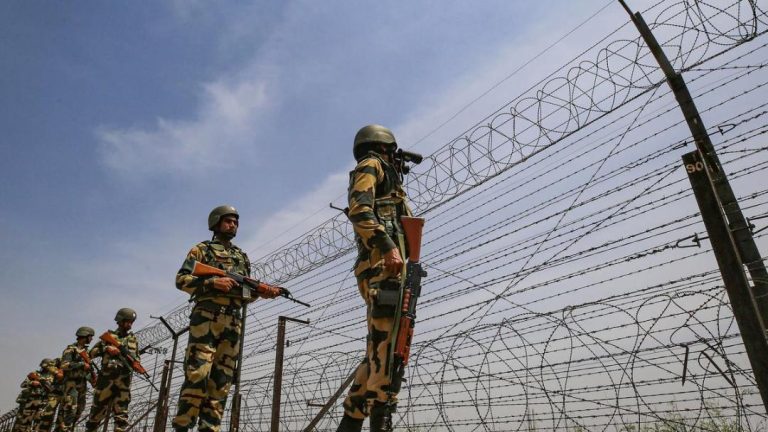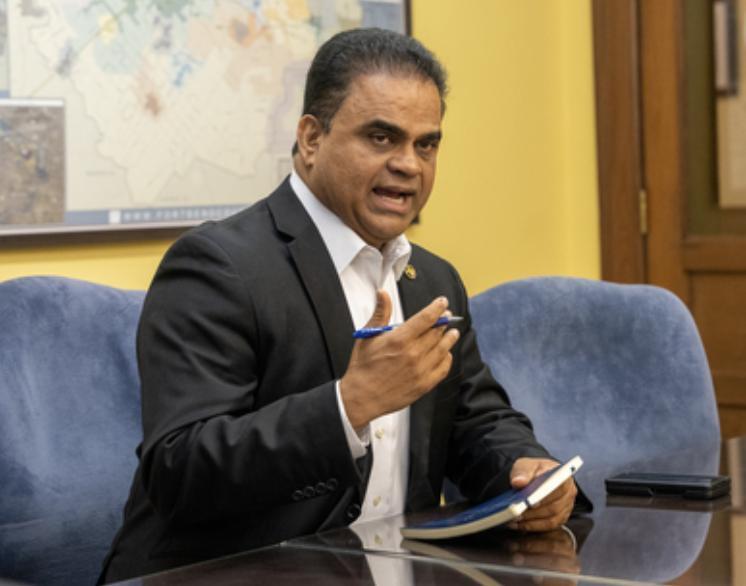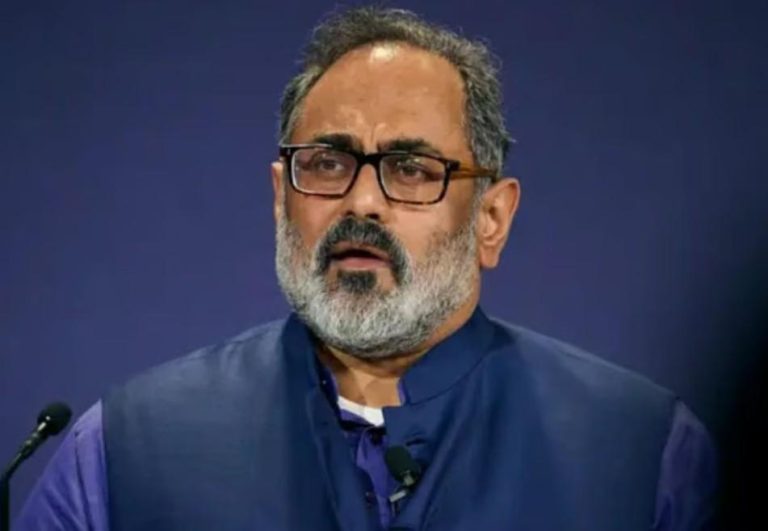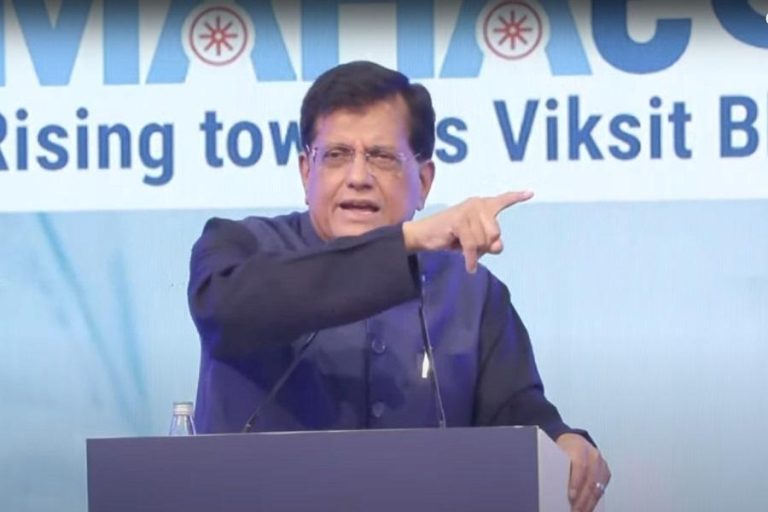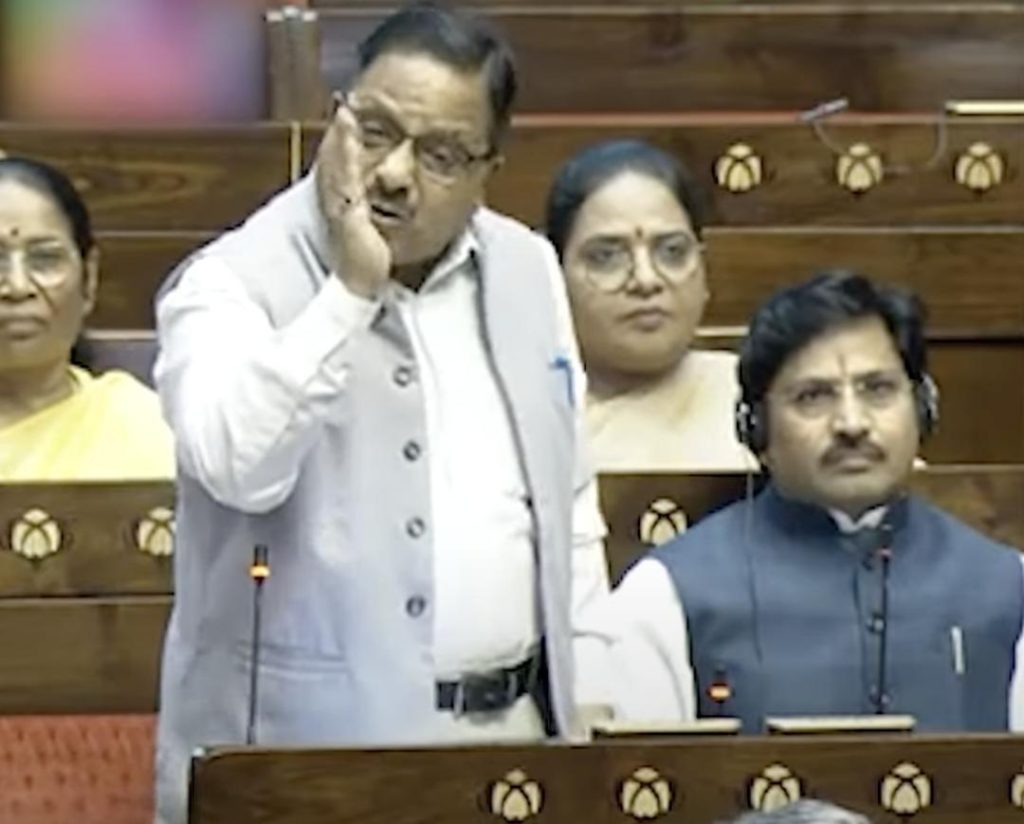
Should I read Quran & tell you what’s written in it: BJP MP Radha Mohan Das on Waqf Bill
The debate surrounding the Waqf Bill has been ongoing for quite some time, with various political parties and individuals sharing their opinions on the matter. Recently, BJP MP Radha Mohan Das sparked a controversy when he questioned whether he should read the Quran and share its contents during a discussion on the Waqf Bill. In this blog post, we will delve into the context of the statement, its implications, and the reactions that followed.
During the debate, Radha Mohan Das made the comment, “The Quran says that even if one rupee is given to anyone, there should be a written record…And you say you have so many properties without a record.” He was referring to the Waqf Board, which is responsible for managing the properties and assets of Islamic shrines and institutions. The BJP MP’s statement was met with shock and outrage from many, who felt that it was inappropriate and even sacrilegious to suggest that he should read the Quran.
However, Radha Mohan Das’s intention behind the statement may not have been entirely malicious. He may have been trying to highlight the apparent contradictions between the Quranic teachings and the practices of the Waqf Board. The Quran does emphasize the importance of keeping records and accounts, and the BJP MP may have been suggesting that the Waqf Board was not following these principles.
The Waqf Board has been embroiled in controversy for some time, with allegations of mismanagement and corruption being levelled against it. The board has been accused of misusing funds and assets, and of failing to provide adequate care and maintenance to the shrines and institutions under its purview. In this context, Radha Mohan Das’s statement may have been an attempt to hold the Waqf Board accountable for its actions.
However, many have criticized the BJP MP’s statement, arguing that it was inappropriate and disrespectful to suggest that he should read the Quran. The Quran is a sacred text for Muslims, and many feel that it should not be used as a tool for political or ideological purposes. Additionally, the statement has been seen as an attempt to polarize the debate and to create divisions between different religious communities.
The reactions to Radha Mohan Das’s statement have been mixed, with some supporting his right to express his opinions while others have condemned him for being offensive and disrespectful. The BJP has distanced itself from the statement, with party leaders saying that it was not representative of the party’s views.
The controversy surrounding the Waqf Bill and Radha Mohan Das’s statement has highlighted the need for greater understanding and respect between different religious communities. It has also underscored the importance of ensuring that all religious texts and institutions are treated with dignity and respect.
In conclusion, Radha Mohan Das’s statement may have been an attempt to highlight the apparent contradictions between the Quranic teachings and the practices of the Waqf Board. However, it was poorly timed and executed, and has been widely criticized for being offensive and disrespectful. The controversy has highlighted the need for greater understanding and respect between different religious communities, and has underscored the importance of ensuring that all religious texts and institutions are treated with dignity and respect.
News Source:
https://www.youtube.com/watch
